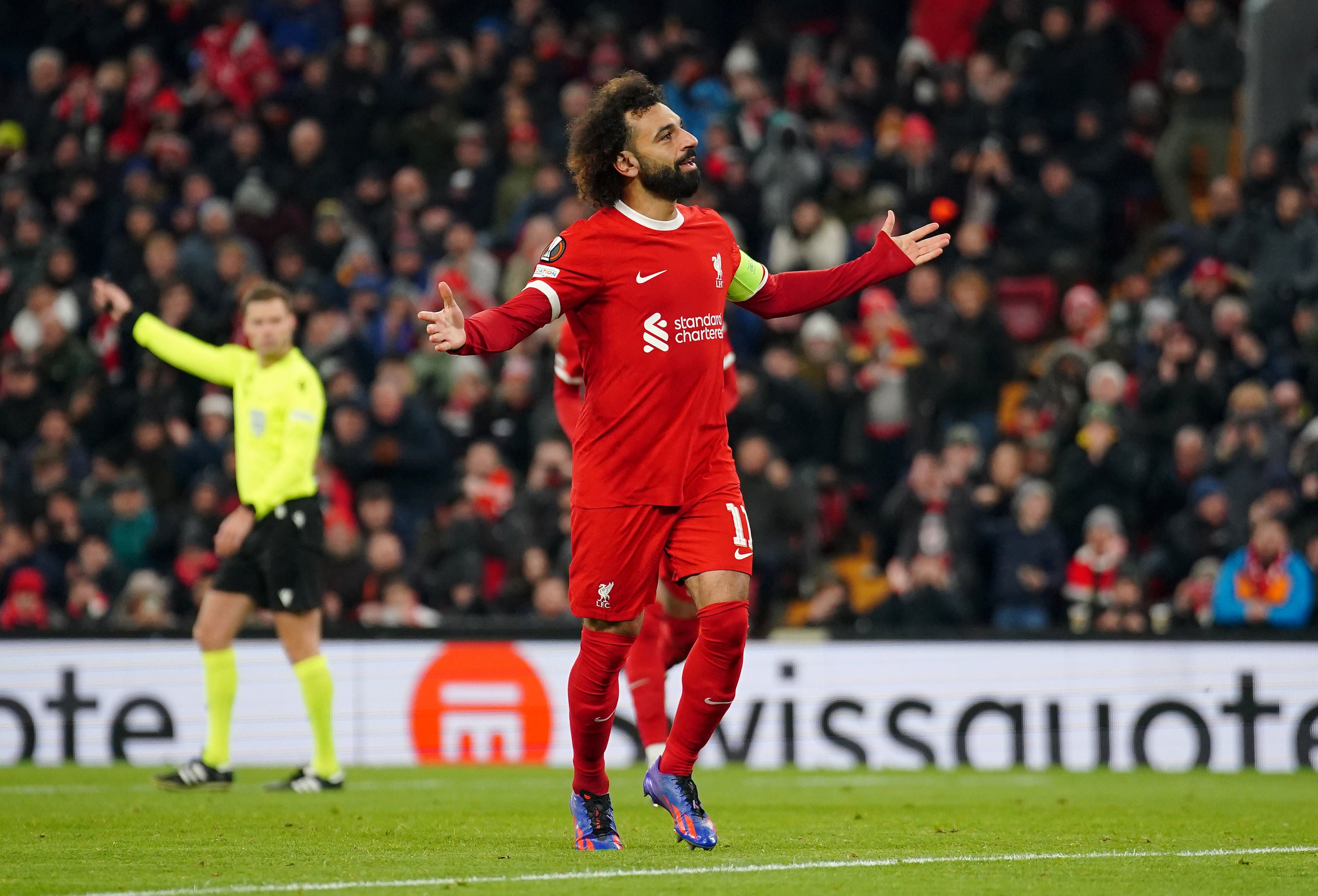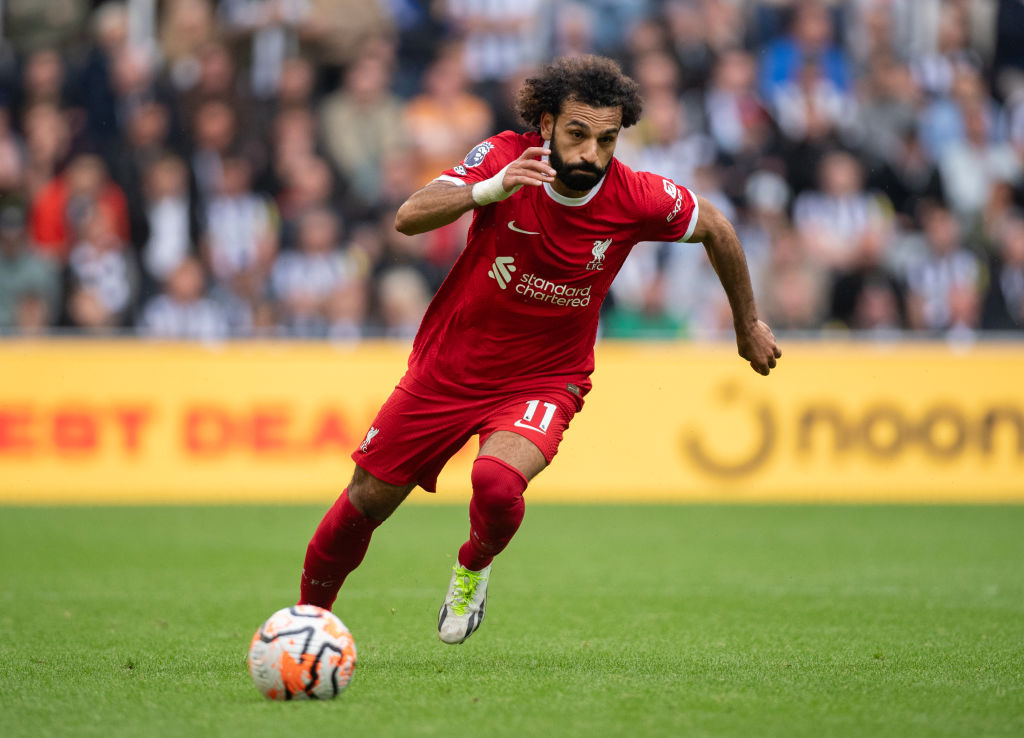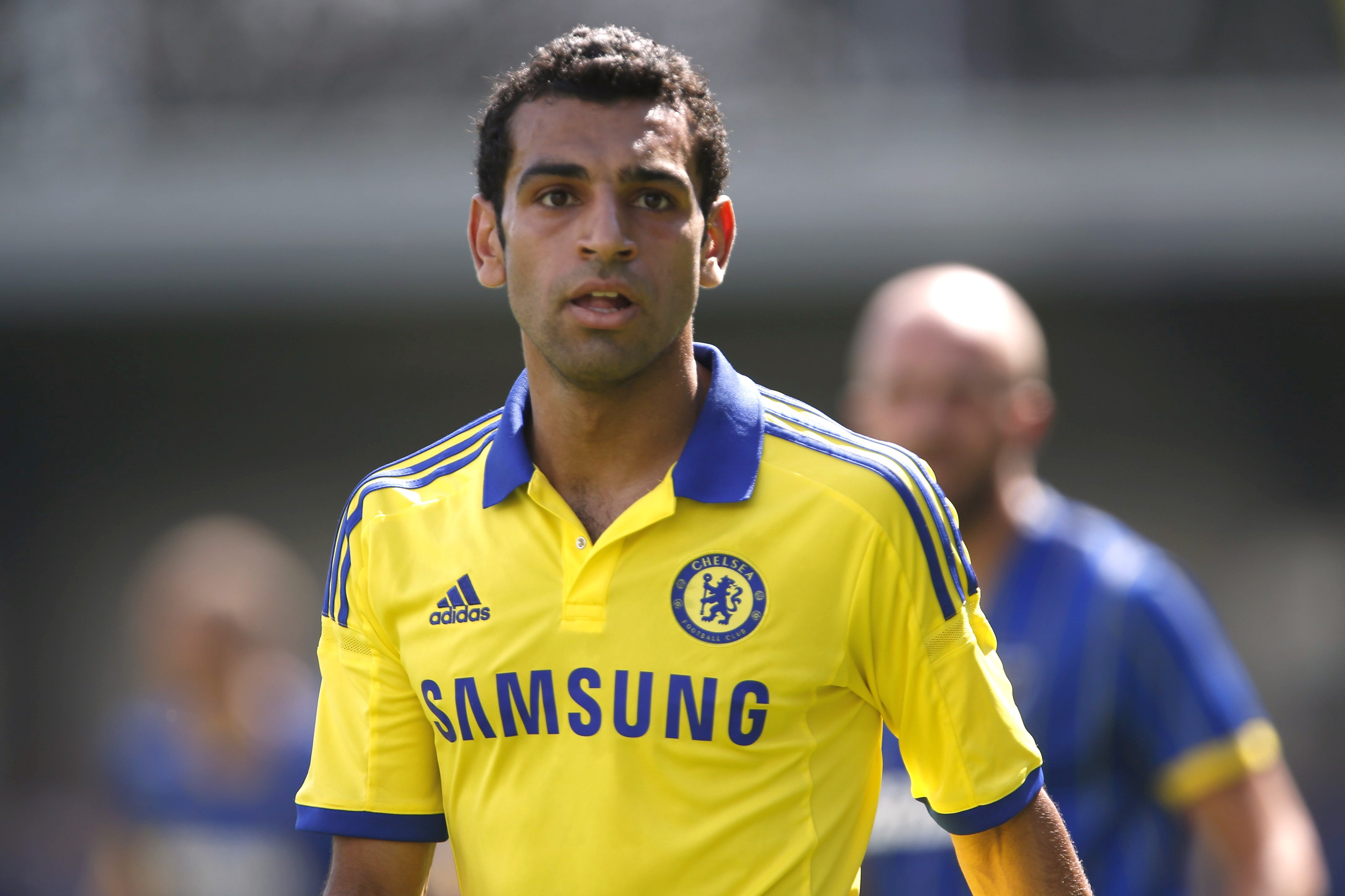A courtyard with a dirt field is set against a backdrop of unpainted buildings and piles of construction material. Some areas of grass and some goalpost rubble make up the field where a bunch of barefoot teens are rushing after a yellow ball. The colorful shirts and the breathtaking mural by Mohamed Salah are the only bright spots in this otherwise desolate desert town.

Salah started pursuing his dream of being a football player after being born into a working-class family in the Nile delta village of Nagrig, around 80 miles from Cairo. Two of the top clubs in Egypt, Al Ahly and Zamalek, were Salah’s dream teams. Salah, who adored Francesco Totti and Zinedine Zidane, would spend hours upon hours in dark alleys trying to recreate the beauty he seen on television.

Salah enrolled in the Al Mokawloon academy in 2006 after making an impression on a scout during a tournament for his hometown club Ittihad Basyoun. Even though he was only fourteen years old, Salah would spend five hours traveling to and from Cairo for training, transferring four or five buses along the route. After all that hard work, head coach Mohamed Radwan saw potential in Salah and promoted him to the first team. In order to bring Salah up to speed with the older players’ physicality, Radwan made rapid changes to his diet and training regimen. When he was younger, he was a natural at playing fullback but could also get the ball deep into the half of the opposition. After Salah was moved to the forward position, he became an integral part of the club and started every game in 2011–12.
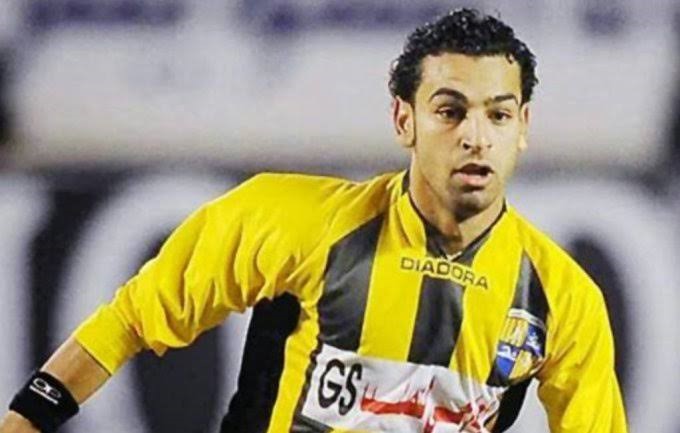
The catastrophic riots at Port Said Stadium caused the Egyptian Premier League to be suspended, which meant that Salah’s domestic season was cut short. Not long after that, Salah scored twice when Swiss club FC Basel defeated Egypt’s U-23 squad 4-3 in a friendly match. Salah was asked to remain for a week of trial by club president Bernhard Heusler after impressing him; he then signed a four-year contract. Adapting to life in Switzerland was initially challenging for Salah because to the language barrier and the expectation that he would replace Swiss talents Xherdan Shaqiri and Granit Xhaka. The Egyptian winger struggled at first, but he quickly recovered his form, scoring the game-winning goals that led Basel to their fifth consecutive league title.

To continue the impressive tradition of African players in the Premier League, Chelsea F.C. paid 11 million euros to get Salah in January 2014. While José Mourinho was in charge, Salah was benched and had few inconsequential appearances, joining a team full of aging stars like Didier Drogba of Ivory Coast. Chelsea loaned Salah to Fiorentina of Italy for 18 months in February of the following year. Salah, now back in the limelight, embarrassed several Italian defenses with his lightning speed and natural goal-scoring ability. After scoring against Juventus and Inter Milan, the Egyptian began to attract attention from Europe’s top clubs. Salah opted to join A.S. Roma on loan after a great season in Rome rather than Florence. With Salah scoring 15 goals in the 2015–16 season, Roma finished third, behind Napoli and Juventus, and qualified for the Champions League. Roma finished second the next year, trailing only Juventus by four points as the two teams advanced to the Champions League final. Salah, who had 19 goals for the club, made a suitable substitution for club veteran and childhood hero Francesco Totti in his last game.

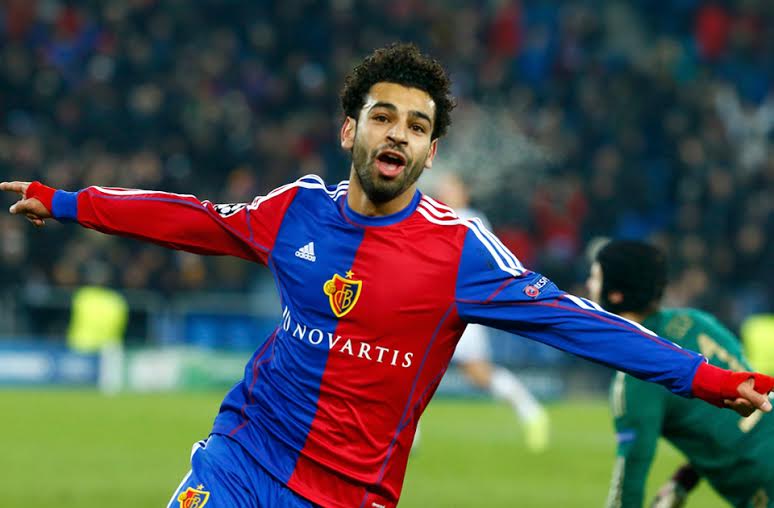
After being the first Egyptian player signed by Liverpool F.C., Salah was sold to the club for a club-record amount of 34.3 million euros in the summer of 2017. Liverpool fans braced themselves for a thrilling match as Salah embodied manager Jürgen Klopp’s high-intensity “Gegenpressing” mentality. To say that Salah’s debut season was successful would be a huge understatement. With 32 goals, he surpassed Cristiano Ronaldo’s 2008 record for most Premier League goals in a single season (38 games). Liverpool advanced to the Champions League final thanks to Salah, who won the Golden Boot and the PFA Players’ Player of the Year title. Real Madrid won the match despite the infamous injury to Mohamed Salah inflicted by Sergio Ramos, a center back from Spain. Salah led Egypt throughout their brief 2018 World Cup campaign in Russia despite playing through a shoulder ailment that he sustained throughout the summer.

Moving forward After three successful years that featured Premier League and UCL crowns, Salah has been compared to Leo Messi due to his recent exploits, especially his hat trick in a 5-0 demolition of Manchester United at Old Trafford. Despite all the praise, the “Egyptian king,” as he is known at Anfield, hasn’t lost touch with his heritage. The new mosques, schools, and hospitals that Salah constructed in Nagrig have given Arab youth hope for a better future. Salah provided funding for the group that provided emergency oxygen supplies to patients throughout the pandemic. As a respectful expression of his Islamic faith, Salah always ends his celebrations with a kneel and lowering of the forehead after each spectacular goal. In a world where bigotry and prejudice abound, Salah transcends his role as Liverpool’s starting striker. He is a symbol of solidarity, enthusiasm, and devotion, and he shows that every identity matters.
